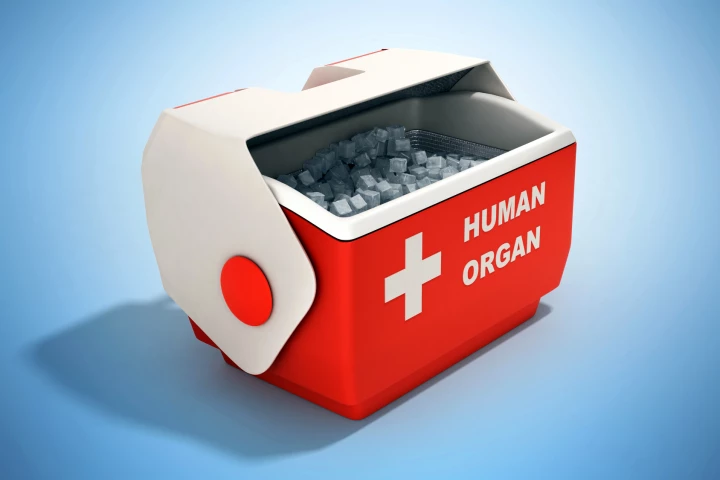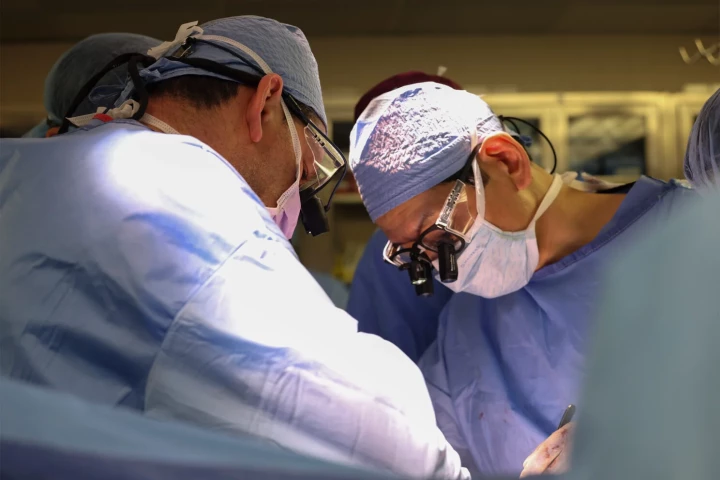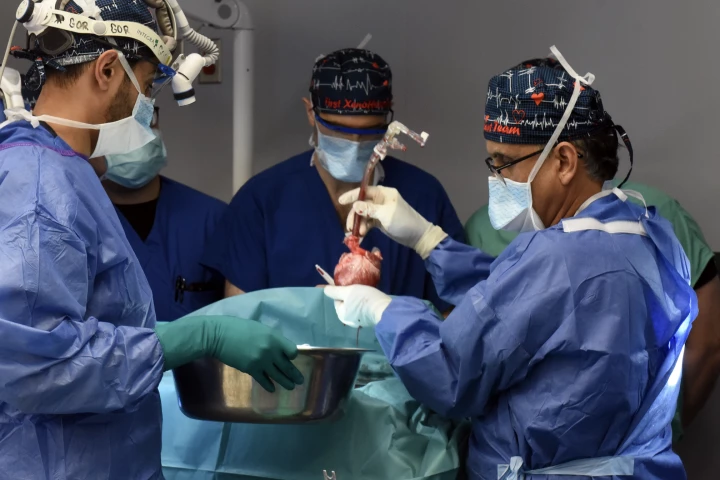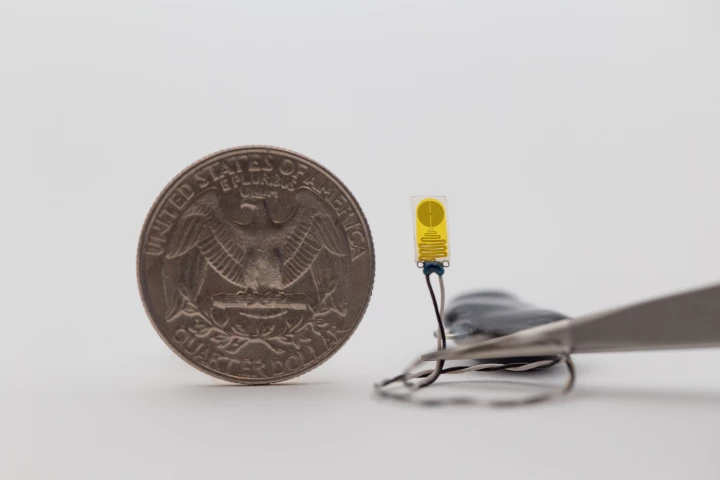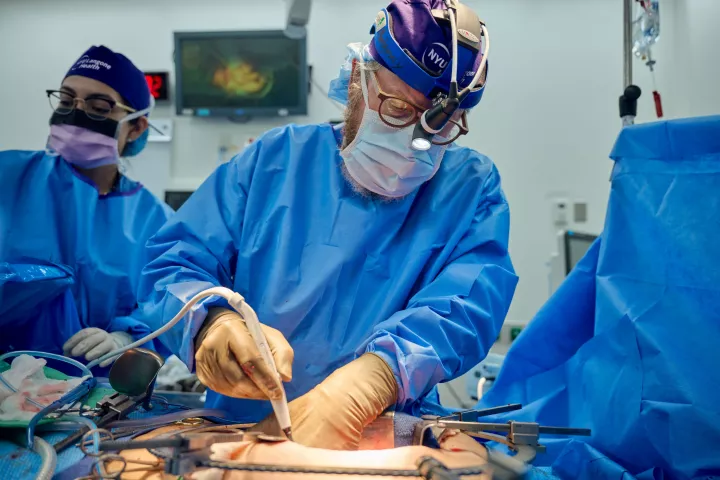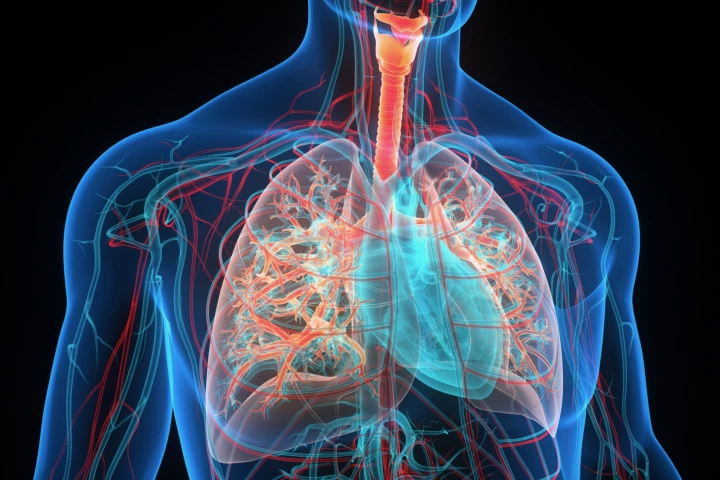Organ donation
-
You may be sitting on – so to speak – a very valuable asset that scientists would love to get their hands on: your poop. As well as blood, plasma and organs, you can now donate fecal samples to stool banks for research and use in transplants.
-
A tiny implant that beams images straight to the retina, bypassing a damaged cornea altogether, could give sight back to millions living with corneal blindness – no donor tissue required. Human trials may be underway in as little as two years.
-
A new two-step process that safely rewarms frozen tissues using nanoscale magnetic rods could preserve donor organs long-term. The procedure provides an alternative to current time-limited methods and paves the way for more life-saving transplantations.
-
For the first time, the fully mechanical heart made by BiVACOR, which uses the same technology as high-speed rail lines, has been implanted inside a human being. The feat marks a major step in keeping people alive as they wait for heart transplants.
-
A genetically edited pig kidney has been successfully transplanted into a living patient for the first time. Reports indicate the man is doing well a few weeks on, raising hopes for a wider pool of donated organs in future.
-
Organ transplants save lives, but rejection is a key hurdle. Now scientists have demonstrated a potential new way to prime a recipient’s immune system to accept a transplanted organ, by first giving them an infusion of immune cells from the donor.
-
A 58-year-old man with terminal heart disease has become the second patient to receive a pig's heart, in a complicated, high-risk xenotransplant. The first recipient died last year from complications, two months after the landmark world-first surgery.
-
Scientists from Northwestern University have successfully created a device, tested on mice, that can detect warning signs of kidney rejection up to three weeks before current monitoring methods.
-
In another encouraging step toward relieving transplant organ shortages, surgeons at NYU Langone Health have kept a genetically engineered pig kidney alive and fully functioning inside a brain-dead patient for over a month for the first time.
-
Scientists have demonstrated that genetically edited pig kidneys transplanted into a human can continue to function for at least a week, with no sign of rejection. The breakthrough case study could help reduce organ waitlists and resulting deaths.
-
Scientists have performed the first successful transplant of an organ that had been cryogenically frozen and rewarmed. Rats that were given transplants of kidneys preserved through a new technique regained regular organ function within weeks.
-
The standard for storing lungs for transplant procedures has been to pack them in ice in coolers and rush them to the surgery site. But researchers have found that a warmer temperature can dramatically improve the time during which they stay viable.
Load More


